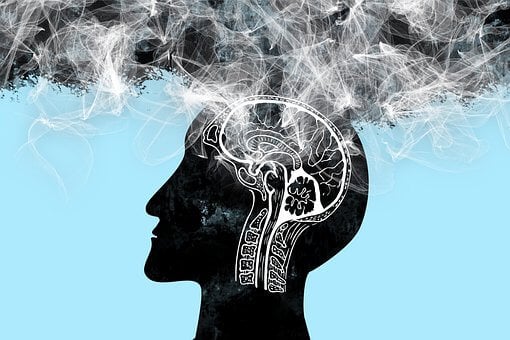Key Points:
- Long COVID patients experience neurological symptoms such as “brain fog” and cognitive impairment.
- Immune dysregulation may play a role in mediating Long COVID.
- Autonomic nervous system changes may also contribute to Long COVID.
A recent study published in Neurology: Neuroimmunology & Neuroinflammation sheds light on the neurological symptoms experienced by individuals with Long COVID.
These patients can experience a variety of symptoms such as fatigue, shortness of breath, fever, headaches, sleep disturbances, and “brain fog.” The study examined 12 individuals who had persistent neurological symptoms after a SARS-CoV-2 infection and found that they had differences in their immune cell profiles and autonomic dysfunction.
Researchers used an approach called deep phenotyping to closely examine the clinical and biological features of Long COVID in the 12 individuals who had long-lasting, disabling neurological symptoms after their COVID-19 infection. The participants underwent comprehensive testing at the NIH Clinical Center, which included a clinical exam, questionnaires, advanced brain imaging, blood and cerebrospinal fluid tests, and autonomic function tests.
The study found that people with Long COVID had lower levels of CD4+ and CD8+ T cells, immune cells that coordinate the immune system’s response to viruses, compared to healthy controls. The study also found that Long COVID patients had increases in the numbers of B cells and other types of immune cells, indicating that immune dysregulation may play a role in mediating Long COVID.
Furthermore, people with Long COVID also had problems with their autonomic nervous system, which controls the unconscious functions of the body such as breathing, heart rate, and blood pressure. Autonomic testing showed abnormalities in control of vascular tone, heart rate, and blood pressure with a change in posture. However, more research is needed to determine if these changes are related to fatigue, cognitive difficulties, and other lingering symptoms.
These findings may lead to better diagnoses and new treatments for Long COVID, and researchers may explore possible therapeutic strategies, such as immunotherapy. The study was supported by the Intramural Research Program at the National Institute of Neurological Disorders and Stroke (NINDS) and is part of an observational study taking place at the NIH Clinical Center designed to characterize changes in the brain and nervous system after COVID-19 (NCT04564287).
In conclusion, Long COVID is a complex condition that can affect the neurological system, and it’s crucial to monitor the lingering symptoms and understand the underlying mechanisms. The study’s findings may contribute to better diagnoses and treatment for Long COVID.

